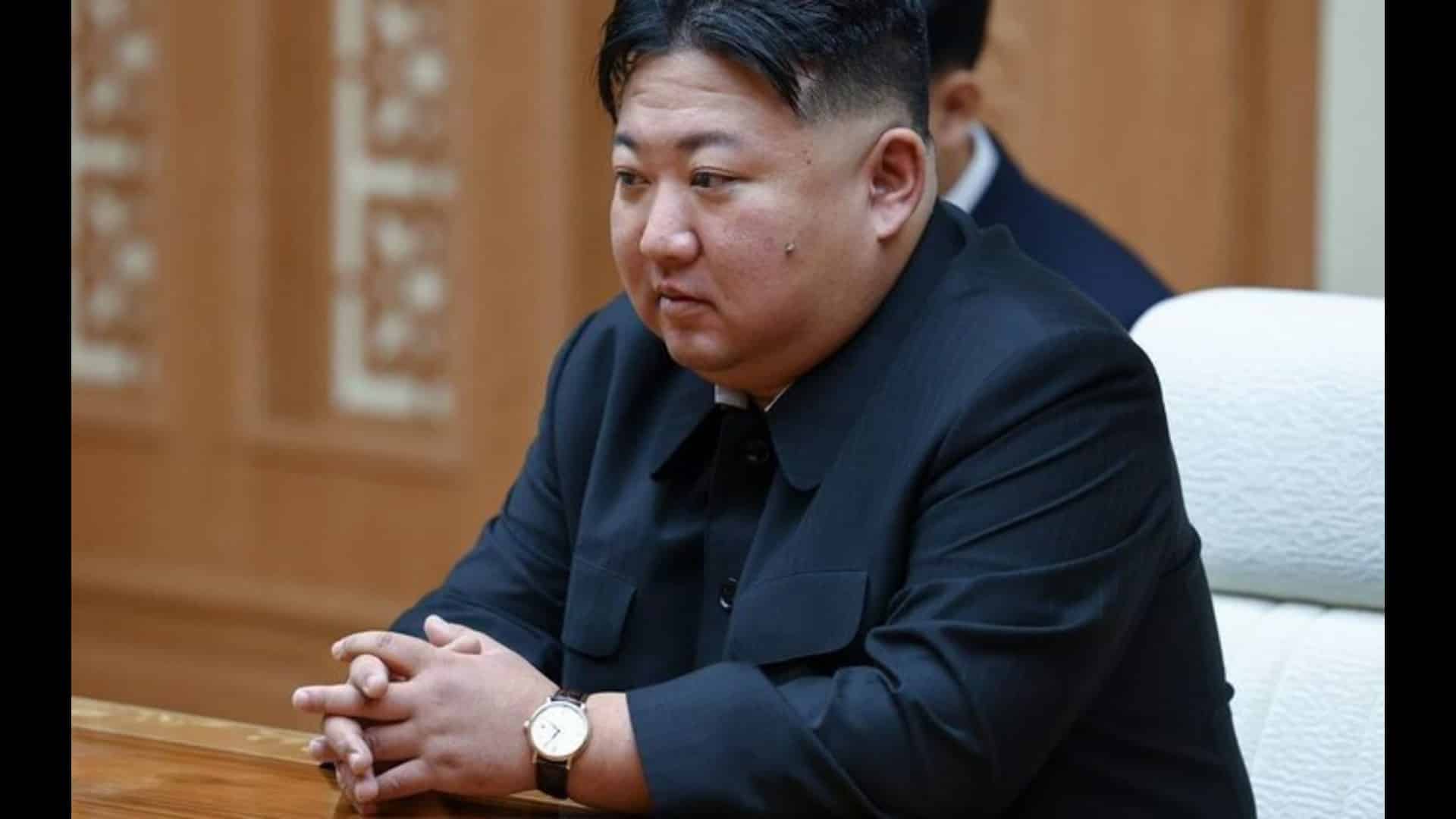In a defiant stance before the UN Security Council on Monday, North Korea asserted the legitimacy of its recent satellite launch, dismissing condemnations led by the United States. The totalitarian state, represented by its ambassador to the United Nations, Kim Song, argued that the deployment of the spy satellite was an act of legitimate self-defense, countering accusations of Security Council resolution violations.
The launch, condemned by Western powers, Japan, and South Korea, drew criticism for allegedly breaching Security Council resolutions. North Korea contends that the satellite has already provided crucial images of major US and South Korean military installations. Kim Song, making a rare appearance at the Security Council, voiced the nation's grievances, pointing out what he sees as a double standard regarding satellite activities.
During his address, Kim asserted, "No other nation in the world is in the security environment as critical as the DPRK," using the official acronym for the Democratic People's Republic of Korea. The North Korean ambassador argued that the country faces unique challenges that necessitate its satellite capabilities for self-defense.
The exchange at the Security Council underscores the ongoing tensions surrounding North Korea's military activities and the interpretation of international resolutions. The diplomatic clash sheds light on the divergent perspectives regarding the security concerns of nations and the permissible bounds of satellite technology use on the global stage. As the international community grapples with North Korea's assertions, the aftermath of this confrontation is likely to reverberate in discussions on regional security and diplomatic relations.
North Korea Defends Satellite Launch as Self-Defense Amidst Criticism at UN Security Council




















